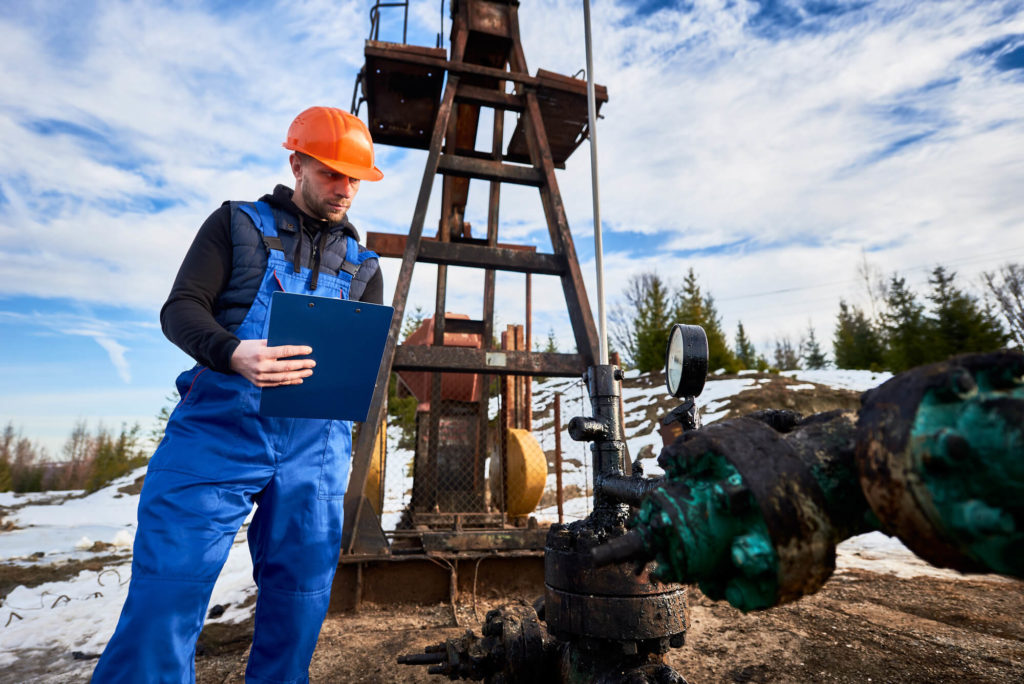
A highly interesting field in petroleum engineering is Mudlogging. Mudloggers are responsible for monitoring and recording all the drilling activity which transpires at the rig. Then they have to report it in something known as the mudlog. Usually, mudloggers work at drilling sites in small and portable offices – much like RVs, and they retrieve the drill samples, analyze them, and record the data.
Mudloggers further evaluate lithology samples while monitoring the rig activity and the general working conditions.
To become a mudlogger, you must have good communication skills for these individuals to forward the geological information which the client requests. This field requires a lot of flexibility and constant availability for drilling assignments that can be long term so if this is something that sounds good to you then you can pursue this path.
Many petroleum engineers choose to further their education and gain more knowledge and then choose the path of becoming a geoscientist. Geoscientists deal with studying the Earth’s physical aspects like the structure, composition and processes which helps them learn about the past, present and future.
It is a highly advanced field and requires much specialization and education for the jobs in this field compel high positions. These individuals hold high responsibility positions for studying the planet to find new reserves deserve a level of dedication and expertise and in guiding the drilling engineers on the best ways to extract those reserves.

Petroleum engineers are extremely intelligent and committed individuals for they handle the deep matters of Earth and bring us the reserves we cannot imagine our lives without. We are confident this guide can give you some good insight into the career paths that a petroleum engineer can take.